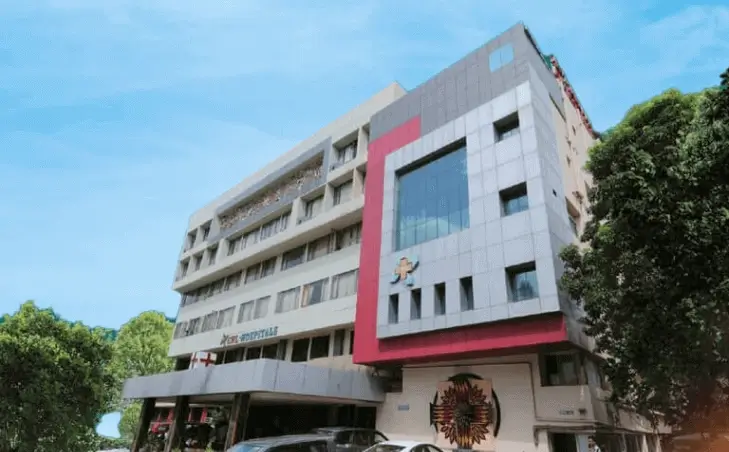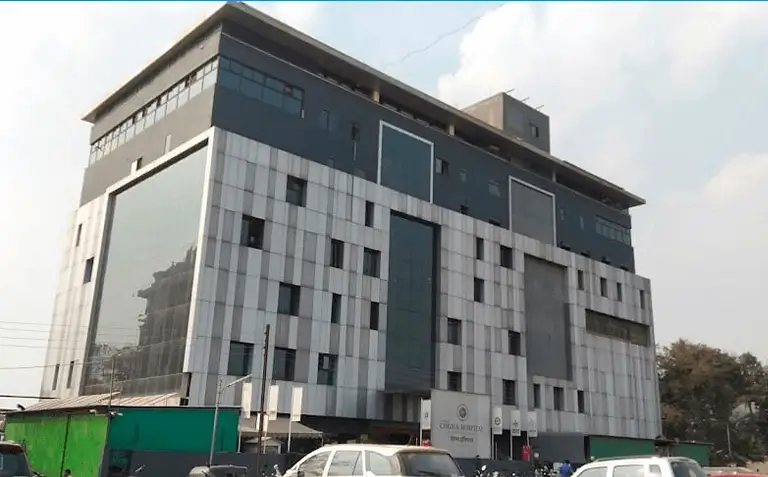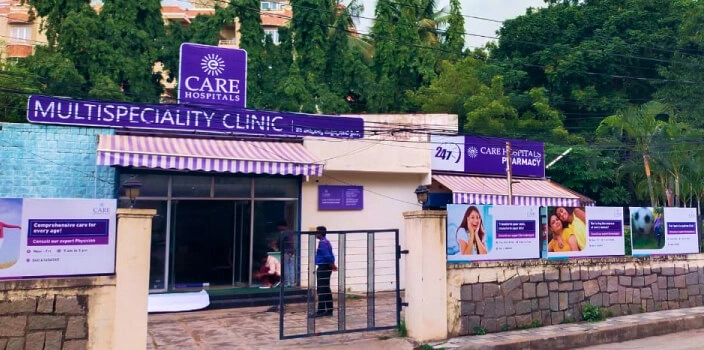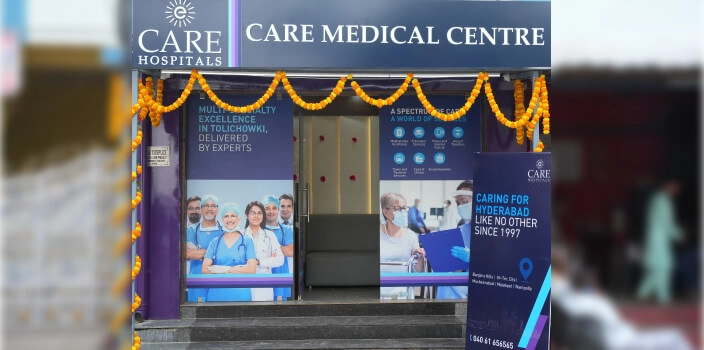-
Doctors
-
Specialities & Treatments
Centre of Excellence
Specialties
Treatments and Procedures
Hospitals & Directions HyderabadCARE Hospitals, Banjara Hills CARE Outpatient Centre, Banjara Hills CARE Hospitals, HITEC City CARE Hospitals, Nampally Gurunanak CARE Hospitals, Musheerabad CARE Hospitals Outpatient Centre, HITEC City CARE Hospitals, Malakpet
HyderabadCARE Hospitals, Banjara Hills CARE Outpatient Centre, Banjara Hills CARE Hospitals, HITEC City CARE Hospitals, Nampally Gurunanak CARE Hospitals, Musheerabad CARE Hospitals Outpatient Centre, HITEC City CARE Hospitals, Malakpet Raipur
Raipur
 Bhubaneswar
Bhubaneswar Visakhapatnam
Visakhapatnam
 Nagpur
Nagpur
 Indore
Indore
 Chh. Sambhajinagar
Chh. SambhajinagarClinics & Medical Centers
Book an AppointmentContact Us
Online Lab Reports
Book an Appointment
Consult Super-Specialist Doctors at CARE Hospitals

Best Hospital for Ventricular Septal Defect Surgery in Hyderabad
- Advanced Technology
- Shorter Hospital Stay
- Pre & Post-Operative Care
- All Insurance Accepted

Chat With Our Experts
Get second opinion on Whatsapp
25 lakhs+
Happy Patients
Experienced and
skilled surgeons
17
Health Care Facilities
Top most Referral Centre
for Complex Surgeries
Advanced Ventricular Septal Defect (VSD) Surgery
Ventricular Septal Defect (VSD), a congenital heart condition, requires expert care and advanced interventions. Depending on the size and severity, ventricular septal defect treatment options include medication to manage symptoms or surgical procedures (open heart surgery or minimally invasive catheter-based treatment) for closure. At CARE Hospitals, we combine cutting-edge technology with compassionate, patient-centred care to deliver exceptional outcomes in VSD treatment, making us the best hospital for Ventricular Septal Defect Surgery and the preferred choice for patients looking for VSD treatment in Hyderabad.
Why CARE Group Hospitals is Your Top Choice for Ventricular Septal Defect Treatment in Hyderabad
CARE Hospitals stands out as the premier destination for VSD treatment due to:
- Highly skilled paediatric cardiology and cardiac surgery teams with vast experience in congenital heart defects
- State-of-the-art cardiac catheterisation laboratories and operating theatres equipped with advanced technology
- Comprehensive pre and post-operative care tailored to each patient’s unique needs
- A patient-centric approach focusing on both the physical and emotional well-being of patients & their families
- Excellent track record of successful VSD closures with optimal functional outcomes
Best Ventricular Septal Defect Surgery Doctors in India


Cutting-edge Surgical Innovations at CARE Hospital
At CARE Hospitals, we harness the latest innovations to enhance the safety and efficacy of VSD treatment procedures:
- 3D Echocardiography: For precise defect visualisation and sizing
- Minimally Invasive VSD Closure Devices: For suitable candidates, reducing surgical trauma
- Advanced Cardiac Imaging: Including cardiac MRI for detailed structural assessment
- Hybrid Operating Rooms: Combining surgical and catheterisation capabilities for complex cases
Conditions for Ventricular Septal Defect
Doctors perform VSD treatment for various types and sizes of ventricular septal defects, including:
- Perimembranous VSD (most common type)
- Muscular VSD
- Inlet VSD
- Outlet VSD
- Multiple VSDs (Swiss cheese defect)
Get Right Diagnosis, Treatment & Cost Estimate Details to
Make a Fully Informed Decision.
Types of Ventricular Septal Defect Procedures
CARE Hospitals offers different treatment options based on ventricular septal defect types, including:
- Surgical VSD Closure: Traditional open-heart surgery for larger or complex VSDs
- Transcatheter VSD Closure: Minimally invasive procedure using a closure device for suitable candidates
- Hybrid Procedures: Combining surgical and catheter-based techniques for complex cases
- Pulmonary Artery Banding: Temporary measure for infants too small for definitive repair
Pre-surgery Preparation
Proper preparation can ensure a successful VSD treatment. Our cardiac team guides patients and families through detailed preparation steps, including:
- Comprehensive cardiac evaluation
- Echocardiogram and other imaging studies
- Blood tests and electrocardiogram (ECG)
- Dietary assessment and optimisation
- Preoperative counselling and emotional support for patients and families
- Age-appropriate education about the procedure
Ventricular Septal Defect Surgical Procedure
The VSD treatment procedure at CARE Hospitals typically involves:
- For Surgical Closure:
- Administration of general anaesthesia
- Sternotomy or minimally invasive incision
- Connection to heart-lung bypass machine
- Opening of the heart to access the VSD
- Closure of the VSD using a patch or direct suturing
- Careful closure and monitoring
- For Transcatheter Closure:
- Administration of general anaesthesia or conscious sedation
- Insertion of a catheter through a vein in the leg
- Guidance of the closure device to the heart using fluoroscopy and echocardiography
- Deployment of the device to close the VSD
- Confirmation of proper placement and removal of the catheter
Our skilled cardiac team ensures each step is performed with utmost precision and care, prioritising both treatment efficacy and patient safety.
Post-surgery Recovery
Recovery after VSD treatment is a crucial phase. At CARE Hospitals, we provide:
- Paediatric cardiac intensive care monitoring
- Pain management tailored for paediatric patients
- Wound care instructions (for surgical cases)
- Gradual return to normal activities
- Follow-up echocardiograms and check-ups
- Nutritional support for optimal recovery
- Psychological support for patients and families
Recovery time varies with the procedure type and the patient's overall health. Surgical patients typically stay in the hospital for 5-7 days, while transcatheter closure patients may return home within 24-48 hours.
Risks and Complications
VSD treatment, like any medical intervention, carries some risks. These may include:
- Infection
- Bleeding
- Arrhythmias
- Residual shunt (incomplete closure)
- Reopening of the repaired VSD
- Device-related complications (for transcatheter closure)
- Endocarditis
- Pulmonary hypertension

Benefits of Ventricular Septal Defect Surgery
VSD treatment offers several benefits for patients:
- Prevention of long-term complications such as pulmonary hypertension and heart failure
- Improved growth and development in children
- Enhanced exercise tolerance and overall quality of life
- Reduction in ventricular septal defect symptoms such as frequent respiratory infections and poor weight gain
- Normalisation of heart structure and function
Insurance Assistance for Ventricular Septal Defect
At CARE Hospitals, we understand that navigating insurance coverage can be challenging, especially for paediatric cardiac procedures. Our dedicated team assists families in:
- Verifying insurance coverage
- Obtaining pre-authorisation
- Explaining out-of-pocket costs
- Exploring financial assistance options if needed
Second Opinion for Ventricular Septal Defect
We encourage families to seek a second opinion before proceeding with VSD treatment. CARE Hospitals offers comprehensive second opinion services, where our ventricular septal defect specialists:
- Review medical history and assessments
- Perform necessary diagnostic tests
- Discuss treatment options and their potential outcomes
- Provide a detailed assessment of the proposed treatment plan
- Address any concerns related to the treatment
Conclusion
Choosing CARE Hospitals for your child's Ventricular Septal Defect treatment means opting for excellence in paediatric cardiac care, innovative techniques, and patient-centred treatment. Our team of expert paediatric cardiologists and cardiac surgeons, state-of-the-art facilities, and comprehensive care approach make us the top choice for Advanced VSD surgery in Hyderabad. Advances in technology and surgical techniques have made VSD repair safer and highly successful, improving the quality of life and long-term cardiac health for patients.
Ventricular Septal Defect Surgery Hospitals in India
-
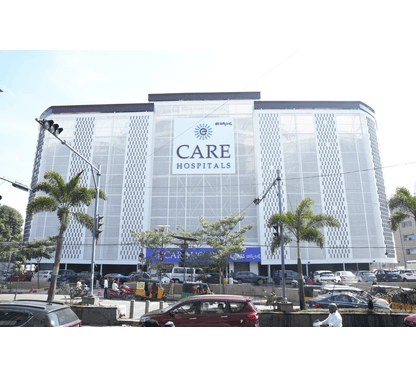
CARE Hospitals, Banjara Hills, Hyderabad
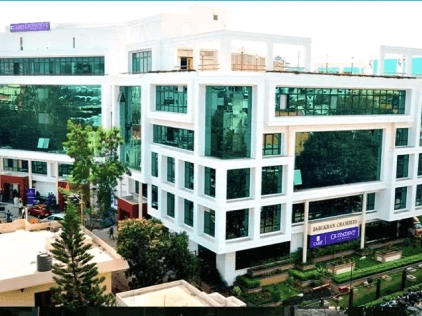
CARE Hospitals Outpatient Centre, Banjara Hills, Hyderabad
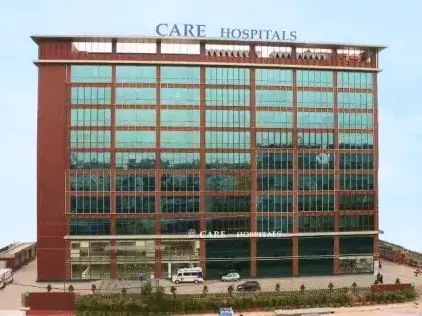
CARE Hospitals, HITEC City, Hyderabad
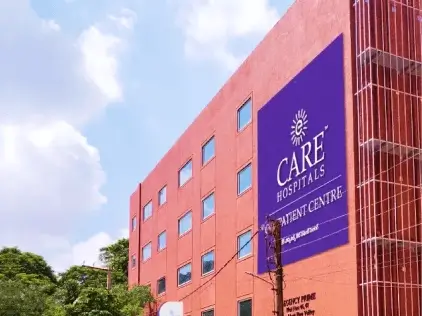
CARE Hospitals Outpatient Centre, HITEC City, Hyderabad
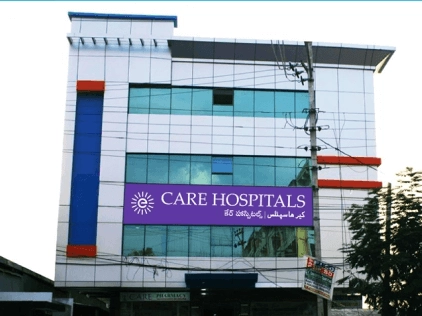
Gurunanak CARE Hospitals, Musheerabad, Hyderabad
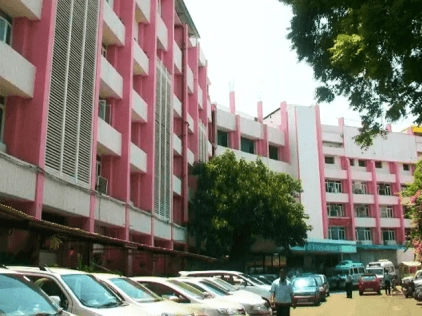
CARE Hospitals, Nampally, Hyderabad
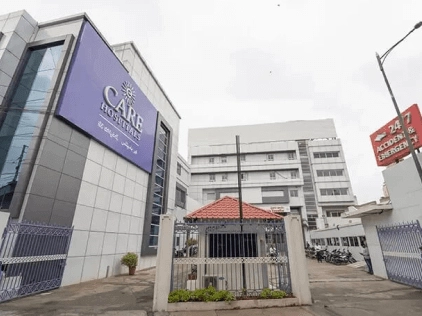
CARE Hospitals, Malakpet, Hyderabad
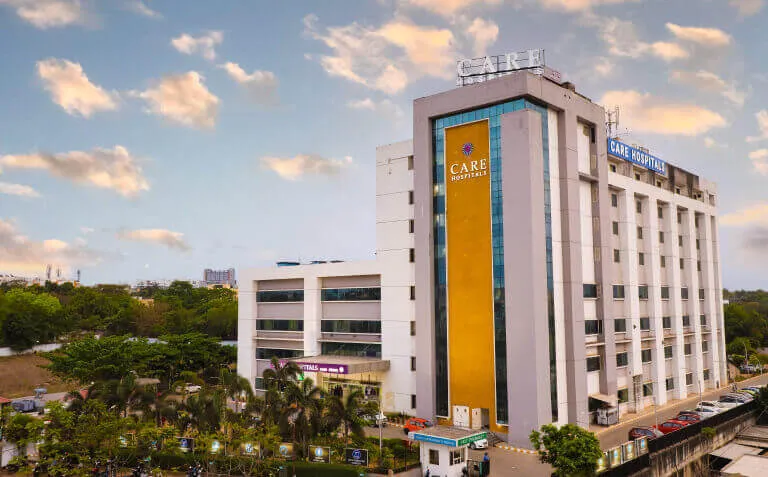
CARE Hospitals, Bhubaneswar
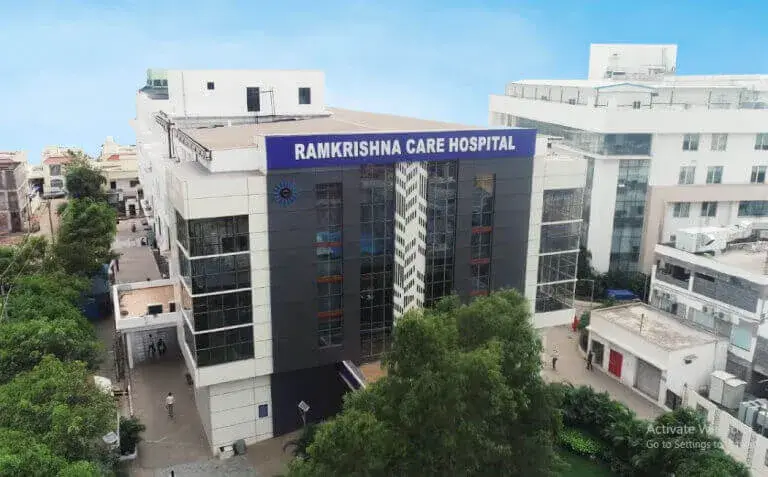
Ramkrishna CARE Hospitals, Raipur
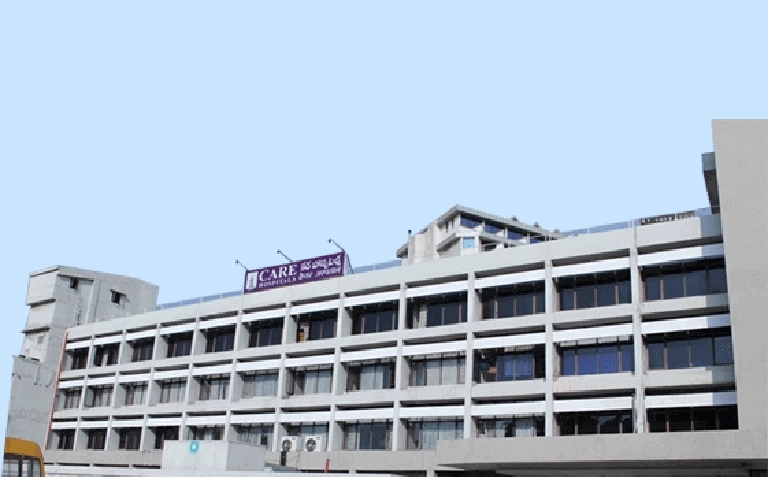
CARE Hospitals, Ramnagar, Visakhapatnam
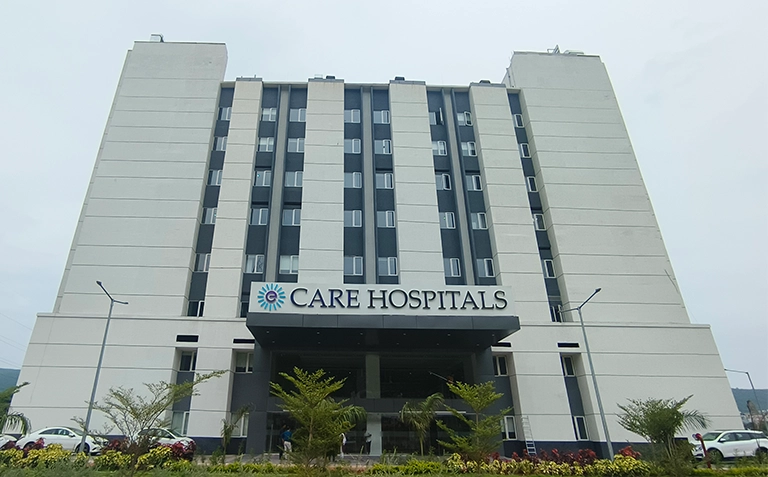
CARE Hospitals, Health City, Arilova
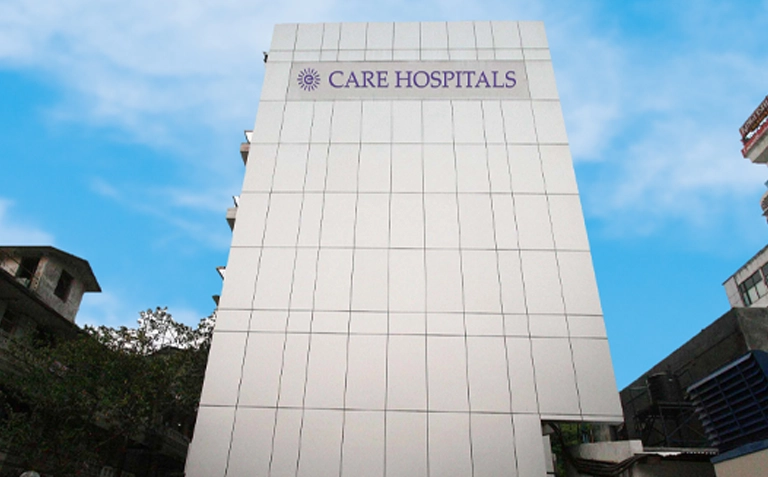
Ganga CARE Hospital Limited, Nagpur
Related Surgeries
- Best Hospitals for Cesarean Delivery in Hyderabad
- Best Hospital for Vaginal Hysterectomy in Hyderabad
- Best Hospital for Cholecystectomy Surgery in Hyderabad
- Best Hospital for Colectomy Surgery in Hyderabad
- Best Hospitals for Colostomy Surgery in Hyderabad
- Best Hospitals for Laparotomy Surgery in Hyderabad
- Best Hospital for Parotidectomy Surgery in Hyderabad
- Best Hospitals for Ovarian Cancer Surgery in Hyderabad
- Best Hospitals for Pancreatectomy Surgery in Hyderabad
- Best Hospitals for Sigmoidoscopy Surgery in Hyderabad
- Best Hospitals for Endometrial Cancer Surgery in Hyderabad
- Best Hospitals for Whipple Surgery in Hyderabad
- Best Hospitals for Thyroidectomy Surgery in Hyderabad
- Best Hospitals for Cardioversion Procedures in Hyderabad
- Best Hospitals for Pacemaker Insertion Surgery in Hyderabad
- Best Hospital for Endovenus Laser Surgery in Hyderabad
- Best Hospitals for Atrial Septal Defect Surgery in Hyderabad
- Best Hospital for Video-Assisted Thoracoscopic Surgery in Hyderabad
- Best Hospital for Ventricular Septal Defect Surgery in Hyderabad
- Best Hospital for Heart Valve Replacement Surgery in Hyderabad
- Best Hospital for Thoracotomy Surgery in Hyderabad
- Best Hospitals for Pericardiectomy Surgery in Hyderabad
- Best Hospitals for Aortic Valve Replacement Surgery in Hyderabad
- Best Hospitals for Mitral Valve Replacement Surgery in Hyderabad
- Pneumonectomy Surgery in Hyderabad
- Spinal Fusion Surgery in Hyderabad
- Best Hospitals for Ankle Surgery in Hyderabad
- Best hospital for carpal tunnel release surgery in Hyderabad
- Best Hospitals for Ligament Repair Surgery in Hyderabad
- Best Hospitals for Elbow Surgery in Hyderabad
- Best Hospitals for Arthroscopic Meniscal Repair Surgery in Hyderabad
- Best Hospitals for Laminectomy Surgery in Hyderabad
- Best Hospital for Bladder Suspension Surgery in Hyderabad
- Best Hospital for Oesaophagectomy Surgery in Hyderabad
- Best Hospitals for Roux-en-Y Gastric Bypass in Hyderabad
- Best Hospitals for Small Bowl Resection in Hyderabad
- Best Hospitals for Vasectomy in Hyderabad
- Best Hospital for Tubal Ligation Surgery in Hyderabad
- Best Hospitals for Endometrial Ablation Surgery in Hyderabad
- Best Hospital for Arthroscopy Surgery in Hyderabad
- Best Hospital for Choledochocystectomy Surgery in Hyderabad
- Best Hospital for Choledochojejunostomy Surgery in Hyderabad
- Best Hospital for Choledocoduodenostomy Surgery in Hyderabad
- Best Hospital for Circumcision Surgery in Hyderabad
- Best Hospital for DJ Stent Removal Surgery in Hyderabad
- Best Hospital for Fistula Surgery in Hyderabad
- Best Hospital for Hiatus Hernia Surgery in Hyderabad
- Best Hospital for Incisional Hernia Surgery in Hyderabad
- Best Hospital for Laparoscopic Hysterectomy Surgery in Hyderabad
- Best Hospital for Laser Prostatectomy Surgery in Hyderabad
- Best Hospital for Open Reduction Internal Fixation (ORIF) Surgery in Hyderabad
- Best Hospital for PCNL Surgery in Hyderabad
- Best Hospital for Penile Implant Surgery in Hyderabad
- Best Hospital for Piles Surgery in Hyderabad
- Best Hospital for Pilonidal Sinus Surgery in Hyderabad
- Best Hospital for Peroral Endoscopic Myotomy Surgery in Hyderabad
- Best Hospital for Retrograde Intrarenal Surgery in Hyderabad
- Best Hospital for Spine Decompression Surgery in Hyderabad
- Best Hospital for Squint Eye Surgery in Hyderabad
- Best Hospital for Thyroplasty Surgery in Hyderabad
- Best Hospital for Turp Surgery in Hyderabad
- Best Hospital for Ureteroscopic lithotripsy Surgery in Hyderabad
- Best Hospital for Vitrectomy Surgery in Hyderabad
- Best Hospital for VP Shunt Surgery in Hyderabad
- Best Hospital for Wisdom Tooth Surgery in Hyderabad
- Best Hospitals for Oophorectomy in Hyderabad
Frequently Asked Questions
A VSD is a hole in the wall (septum) that separates the two lower heart chambers (ventricles), allowing abnormal blood flow between these chambers.
The duration of the VSD surgery depends on the difficulty of the procedure. Typically, surgical closure takes 3-5 hours, while transcatheter procedures may be shorter.
While rare, risks may include infection, bleeding, arrhythmias, and incomplete closure.
Some small VSDs may close on their own or be managed with ventricular septal defect medication. However, larger defects often require surgical or transcatheter closure for optimal outcomes.
Patients receive appropriate anaesthesia and pain management. While some discomfort is expected post-surgery, our team ensures optimal pain control tailored to each patient's needs.
Hospital stays vary. Surgical patients typically stay 5-7 days, while transcatheter closure patients may go home within 24-48 hours.
VSD closure has a high success rate, with most patients experiencing excellent outcomes. Specific success rates depend on the individual case and type of procedure.
Recovery time varies. Most children can return to normal activities within 4-6 weeks after surgical closure and even sooner after transcatheter procedures.
Yes, transcatheter VSD closure is possible for certain types of VSDs. Our team will determine the most appropriate approach based on the individual case.
Most insurance plans cover medically necessary ventricular septal defect treatments. Our team at CARE will assist you in verifying your coverage benefits.
Still Have a Question?





